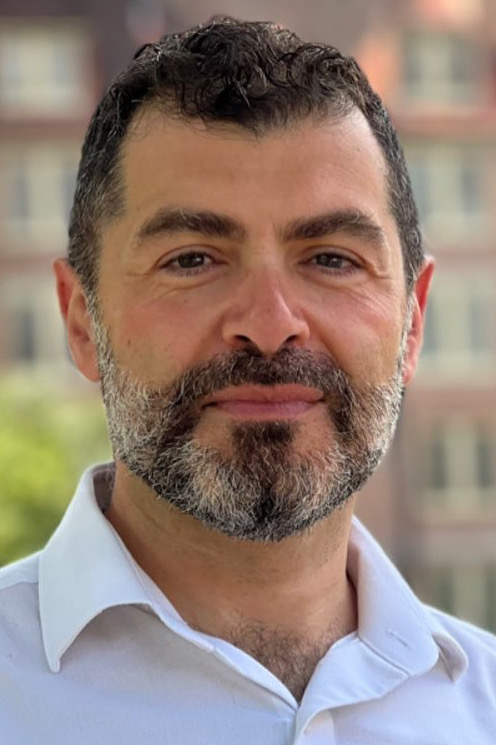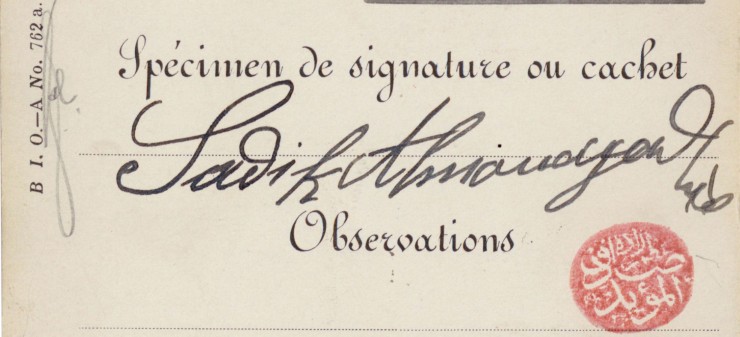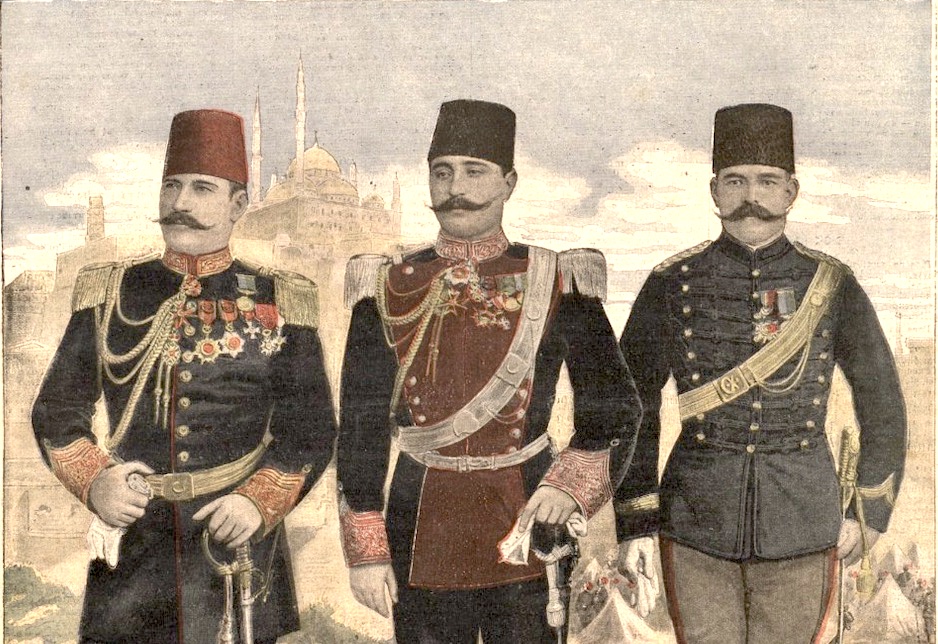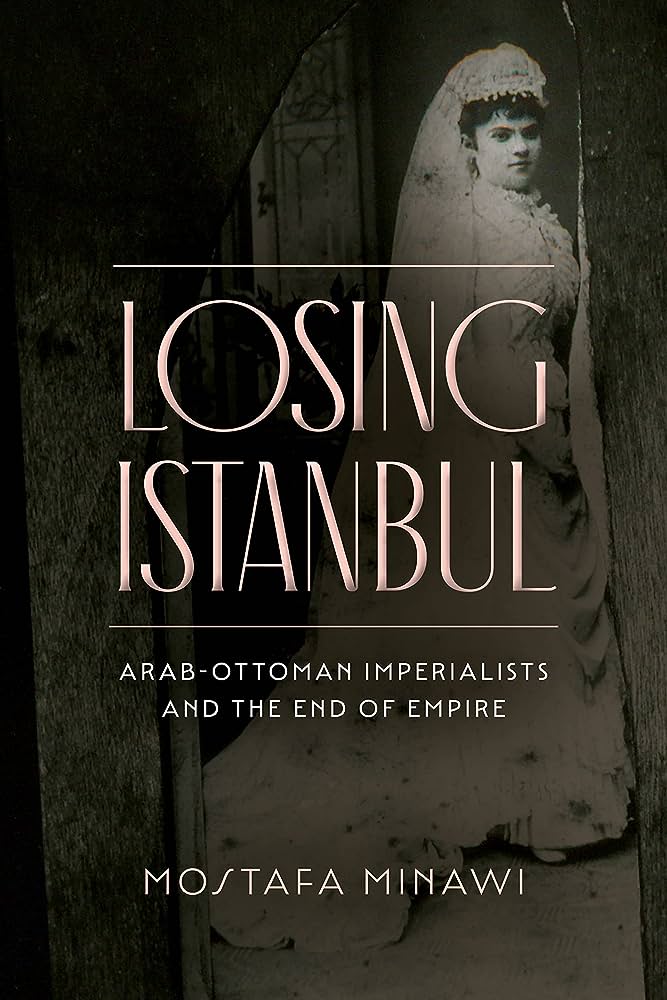
Mostafa Minawi and Ozan Ozavci discuss the stories of Sadik and Shafiq al-Mu’ayyad Azmzade, two İstanbullu imperialists from Syria, who experienced the loss of the very empire that defined them.
Mostafa is Associate Professor of History and Director of Critical Ottoman & Post-Ottoman Studies at Cornell.
The Azmzade clan of Damascus loyally served Sultan Abdülhamid II and the Ottoman Empire for decades, on missions to Africa, the Hejaz and Russia, as well as in Istanbul, Beirut and Damascus. Whether stringing a new telegraph line in the Hejaz, administering the Ottoman Debt, or supervising public health, service to the Empire and service to family were impossible to tease apart. The Young Turk Revolution of 1908 shook this world to its foundations, in ways which Sadik and his uncle Shafiq Azmzade struggled to accommodate.
Mostafa Minawi seemed doomed to become a banker when he began taking evening classes in history. This led to him taking an MA, then a PhD. The rest is (Ottoman) history, beginning with his 2016 book The Ottoman Scramble for Africa. It was while researching that book that Mostafa kept coming across references to the Azmzades. He began collecting information on Shafiq and Sadik as a side project, including recording interviews with their descendants. Having lived through the Beirut port explosion of 4 August 2020, it became clear to Mostafa that “history for everyday people is about understanding experiences, particularly big experiences. How did it feel? Why were you there? How did it change you?” He decided to write about the Azmzades, not to study their characters in a biographical fashion, but as a means of recovering the big experience of the end of Empire. Whereas the collapse of the British, Austro-Hungarian and Russian empires has spawned a raft of memoirs, histories and films, there was no equivalent for the Ottoman Empire.
We don’t have that feel, that taste of what it felt like, for what I think of as our ancestors, to have gone through this traumatic experience of an empire that fell apart in their lifetime.
Mostafa Minawi
In the second half of their conversation, Ozan asks Mostafa about how the clan conceptualized “empire”, as well as “Arab”. Mostafa shares his delight and surprise at finding sources in which the Azmzades and their contemporaries began debating questions of identity, race and assimilation. Whereas essentialized racial categories had previously been deployed beyond the fringes of the Ottoman Empire, now they were being deployed within it, for the first time. For some of the Azmzades, the rapid reinvention this process demanded proved a step too far.

SADIK PASHA’S SIGNATURE SAMPLE, IMPERIAL OTTOMAN BANK. COURTESY SALT.
Episode 37 – Arab-Ottoman Imperialists
Podcasts are published by TLP for the purpose of encouraging informed debate on the legacies of the events surrounding the Lausanne Conference. The views expressed by participants do not necessarily represent the views or opinions of TLP, its partners, convenors or members.
MAIN IMAGE SOURCE: LE PETIT JOURNAL, 24 NOV. 1895, COURTESY MOSTAFA MINAWI


